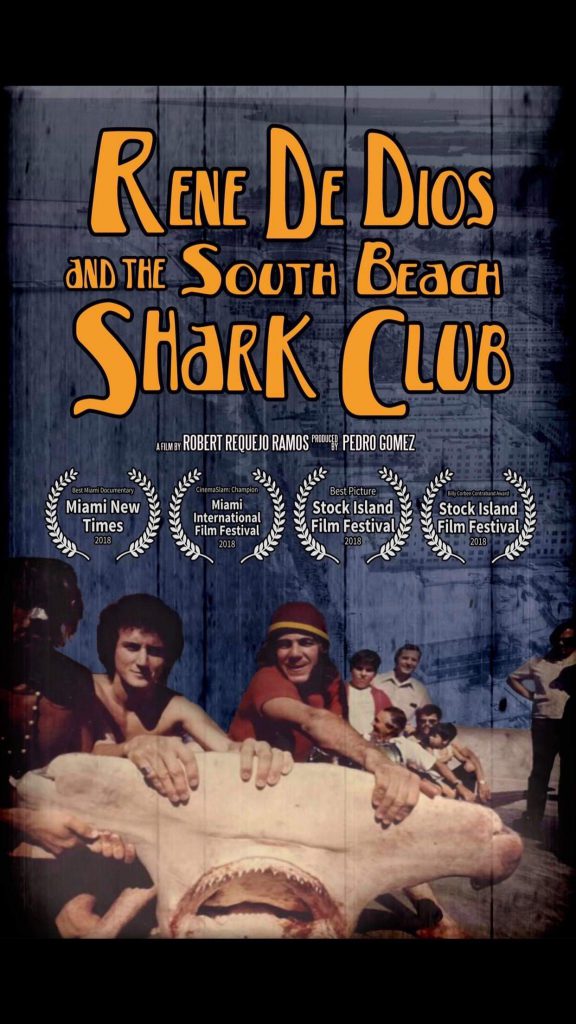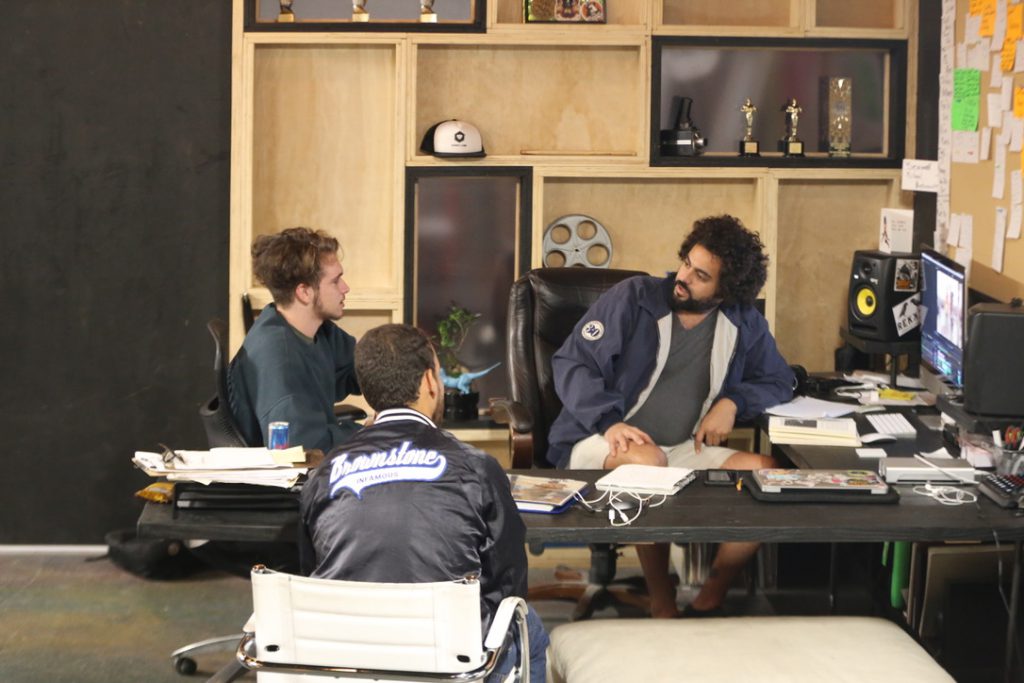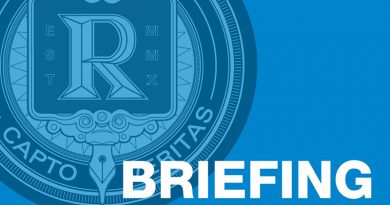SEDT Alumni Going For Blood With South Beach Shark Club Movie

PHOTO COURTESY OF ROBERT RAMOS
Earlier this year, the documentary short Rene De Dios and the South Beach Shark Club made a splash on the Miami film scene.
The young filmmakers, Robert Requejo Ramos and Pedro Gomez, who created the movie started their production company, Seventh Wind Studios, and are focused on turning the 17-minute documentary into a feature-length movie before next year’s Miami International Film Festival.
Originally created as a thesis project for their film production 2 class at North Campus, the documentary short has gained momentum. It won five awards at the Miami International Film Festival’s CinemaSlam before it was selected as a featured movie for the Stock Island Film Festival in Key West and named Best Miami Documentary by The Miami New Times.
The film’s inspiration came from Ramos’ father, Roberto, who was a member of the Shark Club. Ramos stripped away the glitz and glamor of South Beach and featured the legendary Rene De Dios and the lives of the everyday men whose purpose revolved around the thrill of catching sharks just yards away from beachgoers.
“In South Beach, at the time, these people were raw,” said Ramos, who directed the film. “They lived off the ocean, using their catches to maintain their livelihood and spending days and nights on the beach trying to catch what they can, taking turns paddling out into the ocean in a kayak drenched in blood with their bait in tow.”
The expanded version will be 90 minutes and will include Shannon Bustamante, a man who learned the craft from De Dios and is poised to lead the next generation of shark fishermen.
“When we started doing this, I thought the focus should be more on shark fishing and Rene De Dios,” said Gomez, who is the films’ producer. “But as we’ve gotten to know Shannon more, being with him, meeting his family, fishing with him, learning all about his background, I almost see this as a hero’s journey for Shannon.”
The journey to transform the film from a documentary to a 90-minute movie has not been an easy task. Since the summer, the duo has dedicated their lives to creating their art, living off little-to-no pay at times and spending 15 hours a day editing the film.
“We don’t know when we’re going to get more money sometimes,” Gomez said. “We have more than 40 hours of footage and interviews that we’ve transcribed by hand and we’ve been trying to condense into a one-and-a-half [hour] long film. It’s to the point that we can recite any quote from memory.”
The process has included voluminous amounts of paperwork to acquire the right to use archival material, filing legal documents and transcribing dozens of hours of interviews and historical footage.
“We’ve gone out to the Keys for two days straight, basically sleeping on a bridge or not sleeping at all,” Ramos said. “Taking refuge under a tent while giant thunderstorms passed over us.” Gomez interjected to add: “Just really living the lives of the shark fishermen while we make this film.” .
Their pursuit of film glory has been ingrained in them since Ramos and Gomez were young. They recall memories of using whatever camera they had access to while growing up to film little clips and sketch shows.
Tommy Demos, a professor in the School of Entertainment & Design Technology, witnessed their passion first-hand in his film production 2 class. He played a role in guiding them with the project, even assisting them in the editing process.
“There was a little bit of a challenge during the post-production phase trying to figure out what the actual story was going to be about and the narrative because they had so much material that it exceeded the amount that’s capable of being dealt with for a thesis project,” Demos said. “Their intent was to always expand it to a feature-length project after submitting their thesis. These two guys are very ambitious filmmakers and their project has required a great idea of persistence and commitment because, with a project like this, you really have no idea where the story is going to take you until you start working and shooting the documentary.”
Their hard work paid off when Miami filmmaker Billy Corben of Cocaine Cowboys glory gave them his seal of approval. As a judge for the Stock Island Film Festival, his only critique, according to Ramos, was that the film was too short.
Corben has met with Ramos and Gomez a handful of times, offering advice on how to best complete the documentary and working with them on the structure of the film’s narrative.
“It’s surreal to not only get to meet him but to collaborate with him and be able to bounce ideas off of him,” Ramos said. “It’s pretty cool.”
All pleasantries aside, Ramos and Gomez know they must remain focused to finish the project.
“We feel like we’ve hit our breakthrough—we’re about halfway through—and suddenly another scene pops up in our heads and we realize ‘Sh*t, there’s more we need to do and work on’ so the process is still continuing and we have to avoid getting in the way of ourselves but we’re working hard on advancing the film.”



